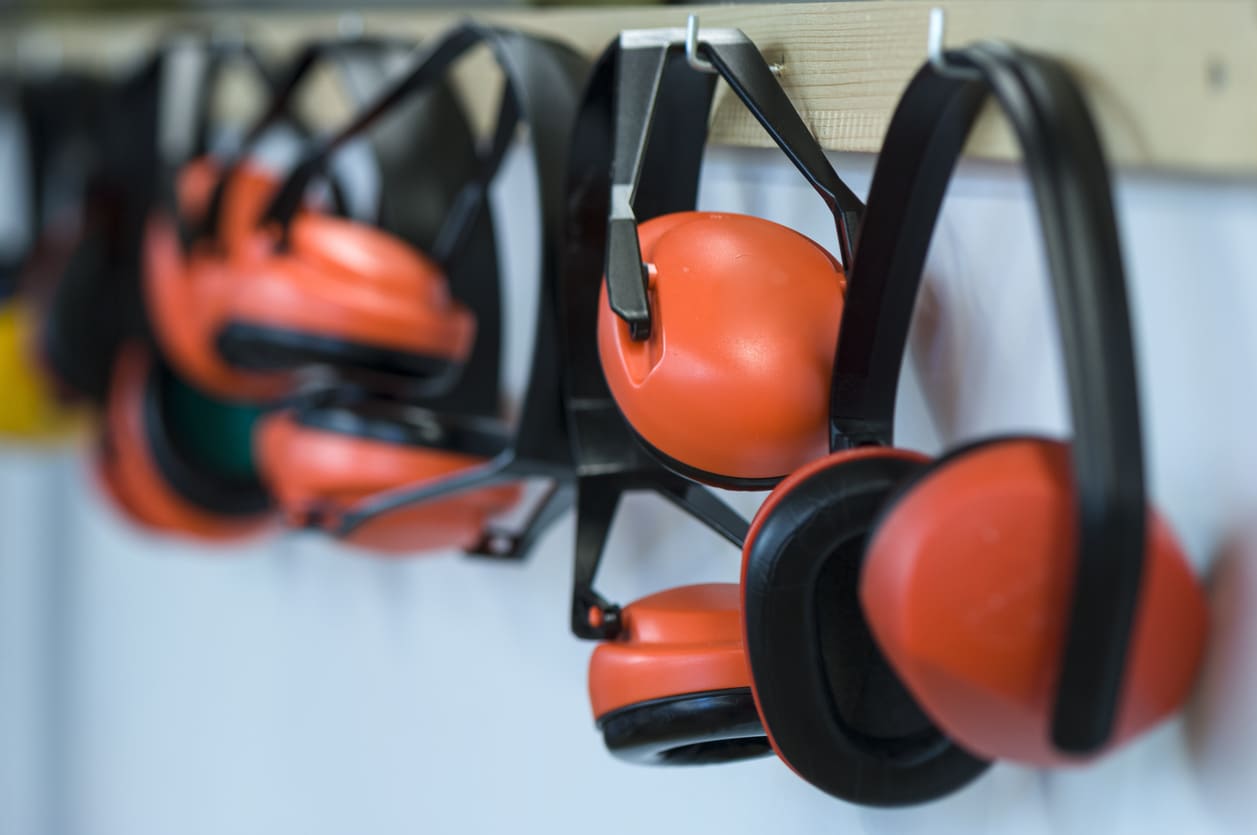Hearing typically occurs gradually over time, and most people don’t notice when it occurs. One in eight people in the U.S. age 12 or older has hearing loss in one or both ears.
Noise-induced hearing loss is the most common form of hearing loss and occurs due to exposure to sounds of loud volume over time. Extended exposure to sounds of certain decibels damages the inner ear hair cells that transmit sounds to the brain, leading to hearing loss. This can occur due to listening or other lifestyle habits we may have.
There are steps you can take to protect your hearing and maintain ear health. By adopting a few simple habits, you can minimize the potential for damaged inner ear hair cells and promote long-term hearing health:
Protect Your Ears from Loud Noises

Consistent exposure to loud noises is one of the leading causes of hearing loss. To prevent damage:
- Use earplugs or noise-canceling headphones in loud environments, such as concerts at Rock Harbor Pub or construction zones.
- Keep the volume at a reasonable level when using personal devices like phones or music players.
- Limit exposure to noisy environments when possible.
Take Breaks from Noise
Giving your ears time to recover after exposure to loud sounds can help prevent hearing loss. Whenever possible:
- Step away from loud areas and spend time in quiet spaces.
- Take regular breaks during noisy activities.
Avoid Inserting Objects into Your Ears
Cleaning your ears improperly can lead to damage. Instead of using cotton swabs or other objects:
- Allow your ears to naturally clean themselves.
- Use a damp cloth to clean the outer ear and avoid sticking anything inside the ear canal.
Maintain a Healthy Lifestyle
Your overall health can impact your hearing. To support ear health:
- Eat a balanced diet rich in vitamins and minerals, particularly those that support nerve function.
- Exercise regularly to maintain good blood flow, which helps provide oxygen to the delicate structures of your inner ear.
Prioritize Regular Hearing Examinations
Routine hearing check-ups are key to catching any early signs of hearing loss. Even if you think your hearing is fine, regular exams can:
- Detect hearing issues before they become serious.
- Help you track any gradual changes in your hearing over time.
- Ensure you receive appropriate advice and treatment if needed.
By incorporating these habits into your daily routine, you can reduce your chances of developing noise-induced hearing loss and reduce the risk of long-term damage.
To schedule a hearing evaluation for you or a loved one, contact Gary D. Schwartzberg, Au.D., Doctor of Audiology today.